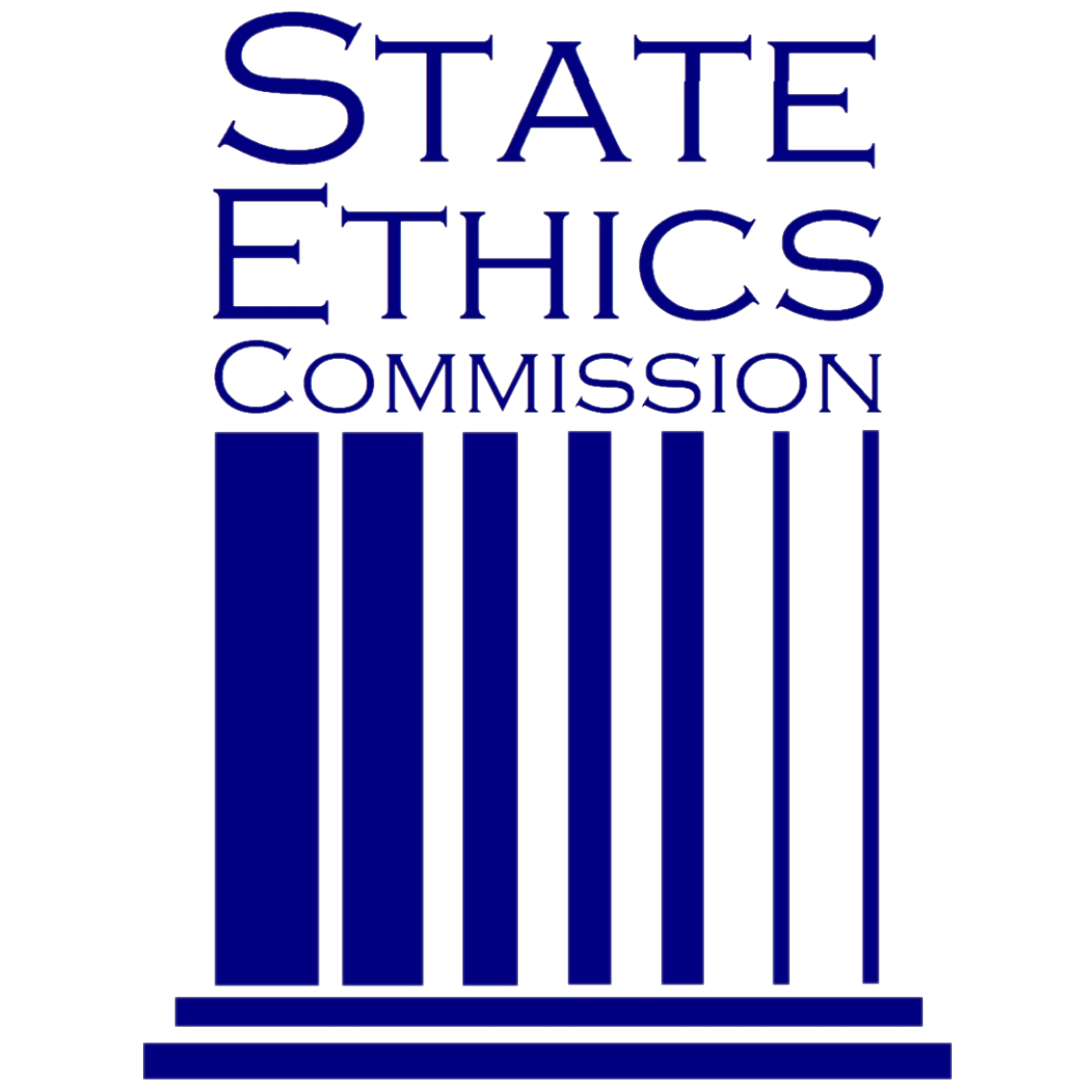- State Ethics Commission
Media Contact
Gerry Tuoti, Public Information Officer
Boston, MA — Former Bristol County Deputy Sheriff Floyd Teague has paid a $40,000 civil penalty and $25,000 in economic advantage damages for violating the conflict of interest law by conducting a public auction in which he placed an absentee bid on behalf of his spouse for a seized modular home, then awarded her the home, which she later renovated with his help and sold at a profit. Teague signed a Disposition Agreement in which he admitted the violations and waived his right to a hearing.
Teague’s duties as Deputy Sheriff included auctioning property when the Bristol County Sheriff’s Office was retained to do so. In March 2023, an attorney for a homeowners’ association in a neighboring county engaged Teague through the Bristol County Sheriff’s Office to handle the seizure and auction of an unoccupied modular home to cover past-due fees the then-owner owed to the association. Prior to the auction, Floyd, as Deputy Sheriff, posted a Notice of Order of Sale, which announced the auction and that $5,000 cash or certified check, payable immediately after completion of the sale, was required.
Before the auction, Teague discussed the modular home with his spouse and agreed to place a $20,000 bid on her behalf. His spouse did not provide $5,000 cash or certified check.
At the auction, which about a dozen people attended, Teague announced that bidders needed a $5,000 certified check to participate and that the auction floor was the $18,542 in past-due fees owed to the homeowners’ association. Teague then announced he had a $20,000 bid and declared, “going once, going twice, sold for $20,000,” concluding the auction. Sometime after the auction, Teague’s spouse gave him a $20,000 bank check, which he turned over to the Sheriff’s Office’s Civil Process Division.
In the ensuing months, Teague assisted his spouse in renovating and improving the modular home and its grounds. In addition, his spouse spent approximately $44,000 on contractors and supplies associated with the renovation and improvements. In October 2023, Teague’s spouse sold the modular home for $309,900.
The conflict of interest law prohibits state employees from participating in matters in which they or their immediate family have a financial interest. Teague violated this prohibition by agreeing to place his spouse’s bid, by conducting the auction when he knew his spouse was bidding on the modular home, and by awarding her the home. In addition, by not requiring his spouse to produce $5,000 in cash or certified check to participate in the auction, Floyd violated the conflict of interest law’s prohibition against public employees using their official positions to secure valuable unwarranted privileges for themselves or others. Teague’s violations were to his economic advantage.
“When public employees in the exercise of their official authority act to enrich themselves and their families rather than to serve the public interest, they betray the public’s trust and undermine their fellow citizens’ confidence in the integrity of public service and government institutions,” said State Ethics Commission Executive Director David A. Wilson. “The conflict of interest law strictly prohibits such misconduct.”
The Commission is authorized to impose a civil penalty of up to $10,000 per violation of the conflict of interest law. In addition, the Commission, upon finding that economic advantage was gained through violations of the conflict of interest law, may order the violator to pay to the Commonwealth damages in the amount of the economic advantage up to $25,000.
The Commission encourages public employees to contact the Commission’s Legal Division at 617-371-9500 for free advice if they have any questions regarding how the conflict of interest law may apply to them.
###
